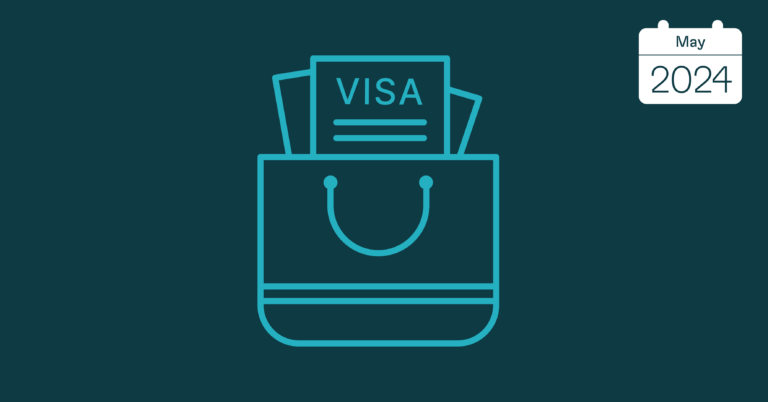By Indi Phillips
In the past six weeks, the Central African Republic (CAR) has seen another wave of violent conflict, fought between an alliance of rebel groups, the Coalition of Patriots for Change (CPC) and government troops, backed by Russian, Rwandan and African Union forces.
Rebel fighters claimed ground around Bangui, the country’s capital, reaching as close as 150km (93 miles) from the city on the morning of the presidential elections on 27 December, 2020. This move constituted a threat to destabilise the elections, achieving the closure of 14 percent of polling stations and threatening attacks on electoral infrastructure and voters around the capital.
The CPC made it clear that engagement in the voting process would be punished, further decreasing the likelihood of large voter turnout and disrupting the electoral process, a tactic to place into question the government’s electoral procedure. The reelection of Faustin-Archange Touadéra for his second, consecutive term was announced on 4 January, after he won 53 percent of the vote. Since the announcement, fighting and the CPC advance on the capital has continued, driving at least 200,000 refugees across borders with Cameroon, Sudan and the Democratic Republic of Congo (DRC) and creating a supply and aid blockade in the capital.
The CPC and government forces backed by foreign troops are fighting for control of Bangui, one of the last non-rebel held areas in the country; over 70 percent of the CAR is under rebel control. Additionally, the outcome of the conflict will determine the viability of the Touadéra government. The CPC is made up of two major factions, the Seleka and anti-Balaka, relics of the 2013 coup. During that period, Muslim militias, known as Seleka, ousted the then President Bouzize and went on to commit acts of mass violence against Christian populations. Christian militias formed in response to the violence of the Seleka, and became known as the anti-Balaka. A peace treaty, brokered by current President Touadéra, was secured in 2019, known as the Khartoum agreement, was sufficient to stem widespread rebel violence until the last round of attacks, in which the two groups or Seleka and anti-Balaka have joined forces in an anti-government coalition, the CPC.
Since the beginning of the fighting on 27 December, CPC troops have had a stranglehold on the capital and surrounding supply routes in and out of the city, creating a large-scale siege situation. Prices of goods inside Bangui tripled in this time and UNHCR representatives voiced concerns of famine amidst the capital’s population should the siege continue. On 9 February, the first aid convoy was permitted over the border with Cameroon, heavily monitored by CPC troops. This drip feed tactic is likely to result in the deterioration of the population’s resilience, thousands of whom have already or are attempting to flee the capital, weighing heavily on the neighbouring economies of the DRC, Cameroon and Sudan.
The CPC, made up of both Christian and Muslim factions, have chosen to overlook religious and ethnic differences in light of the significant gains to be had through the continuation of their diamond, oil, uranium and gold trades which are compromised by the reelection of President Touadéra. The CPC sees the growth and strengthening of the Touadera government backed by foreign troops as a threat to their access to valuable resources. However, a ruling passed by the UN Security Council extending the arms blockade on the CAR until November 2021, hampers the government’s international legitimacy and could play into the hands of the CPC, meaning that the conflict is likely to continue for the foreseeable future.
Indi Phillips is a Lebanon-based political and security risk analyst covering Sub-Saharan Africa and the Middle East.















